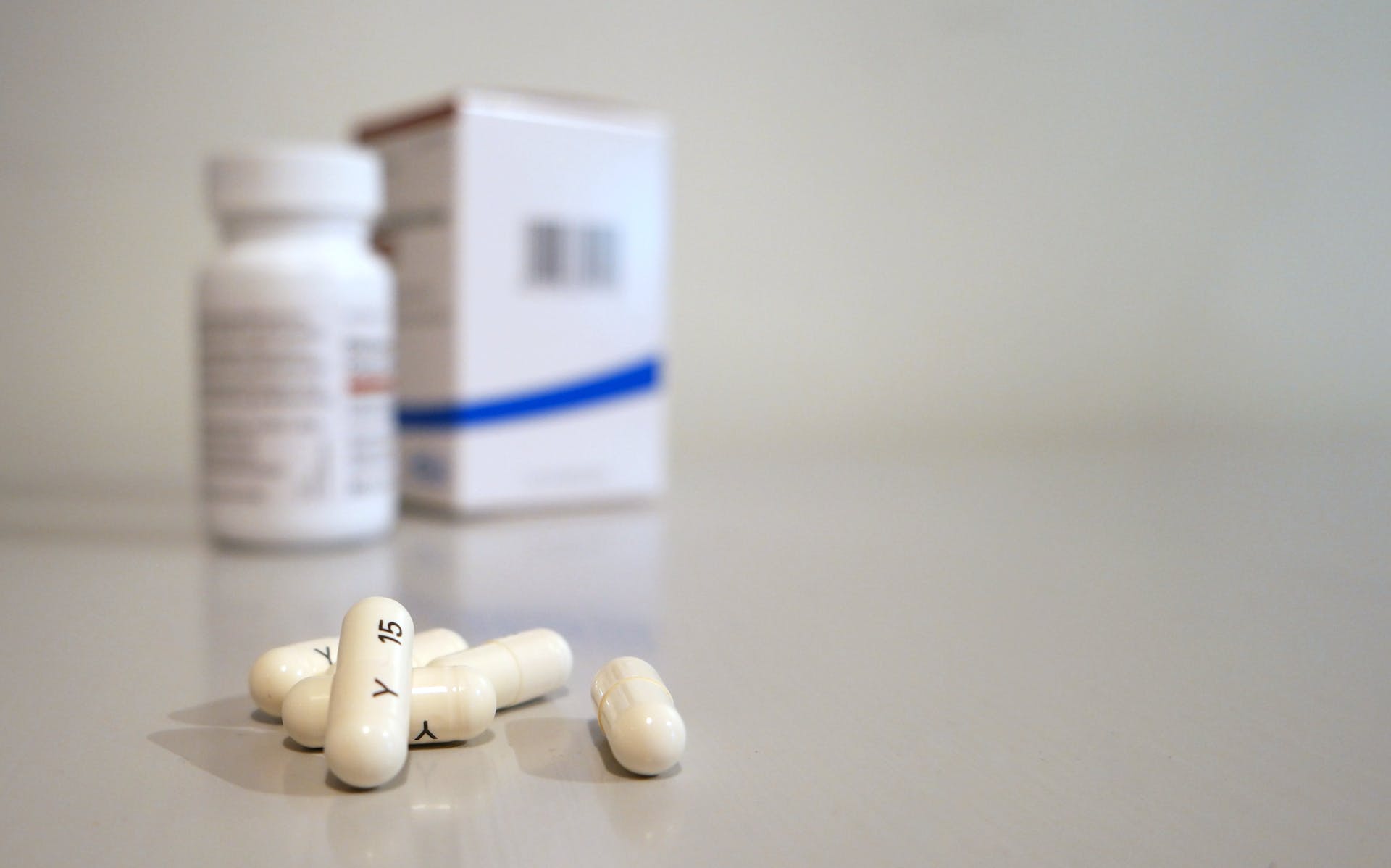Chronic Kidney Disease (CKD) is a serious condition that affects millions of people worldwide. If you or someone you know has been diagnosed with CKD, it's essential to explore the best strategies for managing and improving the quality of life. In this article, we'll delve into various aspects of CKD and discuss the best practices for dealing with this condition.
1. Educate Yourself About CKD
Knowledge is power, and when it comes to chronic kidney disease, understanding the basics is the first step. CKD is a progressive loss of kidney function over time, and it can be caused by various factors such as diabetes, high blood pressure, and genetic predisposition. By educating yourself about the disease, you empower yourself to make informed decisions about your health.
2. Consult with Healthcare Professionals
Once diagnosed with CKD, the next crucial step is to consult with healthcare professionals, including nephrologists, dietitians, and other specialists. They can provide personalized advice based on your specific situation. Regular check-ups and open communication with your healthcare team are vital for managing CKD effectively.
3. Adopt a Kidney-Friendly Diet
Diet plays a significant role in managing CKD. A kidney-friendly diet involves controlling the intake of certain nutrients like sodium, potassium, and phosphorus. Consider consulting with a registered dietitian to create a customized meal plan that aligns with your nutritional needs while managing the restrictions imposed by CKD.
4. Stay Hydrated
Proper hydration is crucial for kidney health. Water helps the kidneys remove waste from the blood in the form of urine. However, individuals with CKD may need to monitor their fluid intake, as excessive fluids can strain the kidneys. Striking the right balance is key, so discuss your specific fluid requirements with your healthcare team.
5. Manage Blood Pressure and Diabetes
High blood pressure and diabetes are common causes of CKD. Managing these conditions effectively through medication, lifestyle changes, and regular monitoring can slow down the progression of kidney disease. Always follow your doctor's advice and attend regular check-ups to keep these conditions in check.
6. Regular Exercise
Engaging in regular physical activity offers a myriad of health benefits, and it can also be beneficial for those with CKD. Exercise helps control blood pressure, reduce stress, and maintain a healthy weight. However, it's essential to choose activities that align with your fitness level and follow your healthcare team's recommendations.
7. Quit Smoking and Limit Alcohol Intake
Smoking and excessive alcohol consumption can exacerbate kidney damage. Quitting smoking and moderating alcohol intake are positive steps towards protecting your kidney health. If you need support in making these lifestyle changes, consider seeking assistance from support groups or healthcare professionals.
8. Manage Stress
Chronic stress can negatively impact overall health, including kidney function. Incorporate stress-management techniques into your daily routine, such as meditation, deep breathing exercises, or yoga. A healthy mind contributes to a healthy body, and finding ways to manage stress is vital for anyone with CKD.
9. Stay Informed About Medications
Some medications can potentially harm the kidneys, so it's essential to stay informed about the drugs you are taking. Always inform your healthcare team about any over-the-counter medications, supplements, or herbal remedies you may be using. They can provide guidance on safe options that won't compromise your kidney health.
10. Supportive Network and Mental Health
Living with a chronic condition can be emotionally challenging. Build a supportive network of friends, family, or join support groups where you can share experiences and gain insights into coping with CKD. Mental health is an integral part of overall well-being, and addressing any emotional challenges is crucial.
Conclusion
While there may not be a one-size-fits-all answer to the question of what is the best thing to do for chronic kidney disease, a combination of lifestyle changes, medical management, and emotional support can significantly improve the quality of life for those with CKD. Remember, every journey is unique, and working closely with healthcare professionals ensures a personalized approach to managing this condition. Stay informed, stay proactive, and take steps towards a healthier life with chronic kidney disease.

